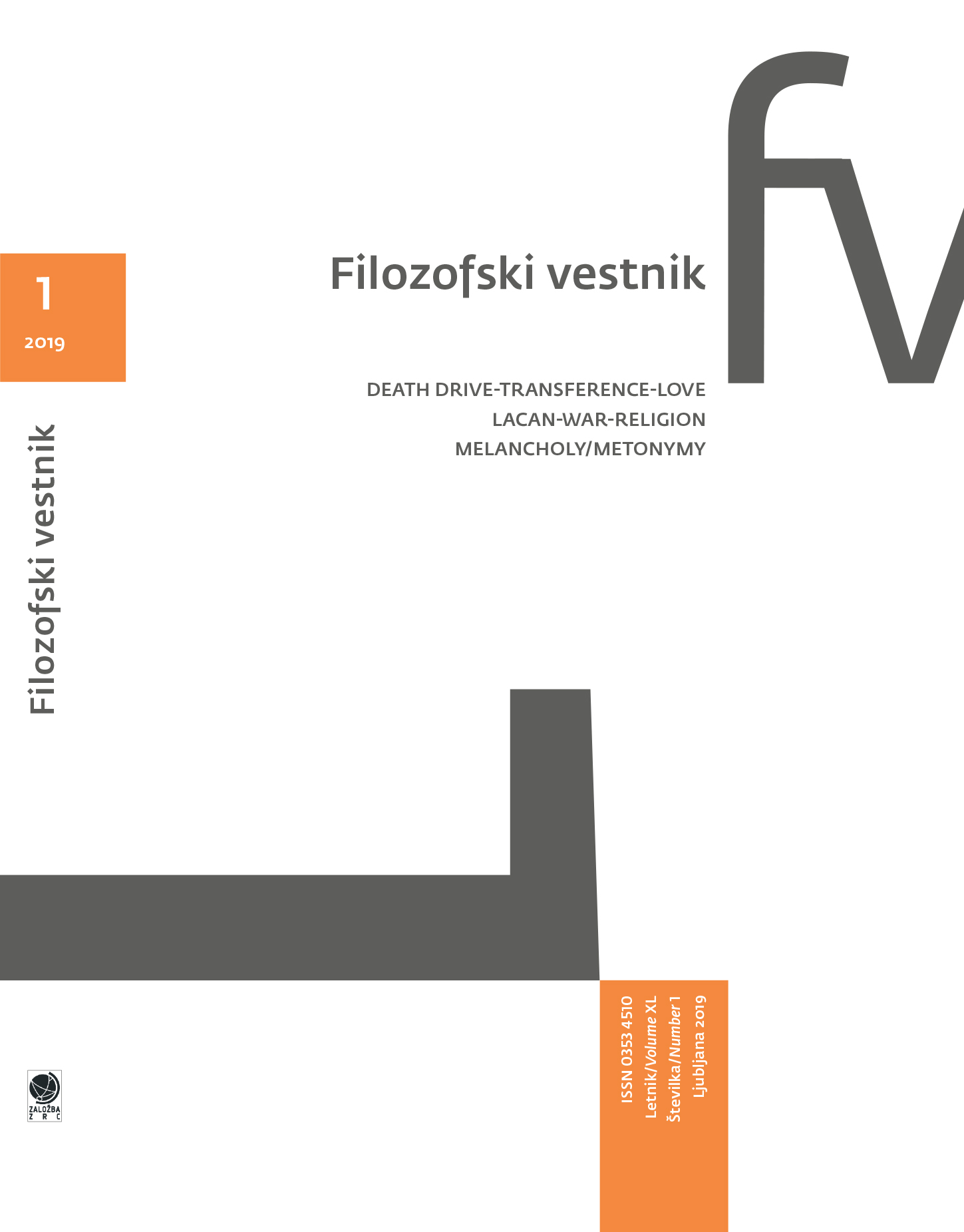Lacan’s Love for Socrates
Keywords:
love, desire, Lacan, Socrates, transferenceAbstract
Plato’s Symposium puts love to work via the tasks of thinking and speaking about it, the very intention behind that night of drinking and feasting. Lacan however puts The Symposium to work via the praxis of psychoanalysis. He does this for two reasons, firstly, in order to examine closely philosophy’s potential to think love in relation to desire, and secondly, to enable the dimension of the unconscious to become a part of philosophy. In Lacan’s consideration of The Symposium love is both thought and written, being neither fully inclusive of nor wholly outside language. Here love is a way of handling the unconscious and in particular the illusory nature of agalma. For Lacan, The Symposium allows a space for desire and love to coexist in a tragic transference which is why we can think of Lacan’s eighth seminar, Transference as a love letter to his beloved Socrates.
Downloads
Downloads
Published
How to Cite
Issue
Section
License
Authors guarantee that the work is their own original creation and does not infringe any statutory or common-law copyright or any proprietary right of any third party. In case of claims by third parties, authors commit their self to defend the interests of the publisher, and shall cover any potential costs.
More in: Submission chapter





